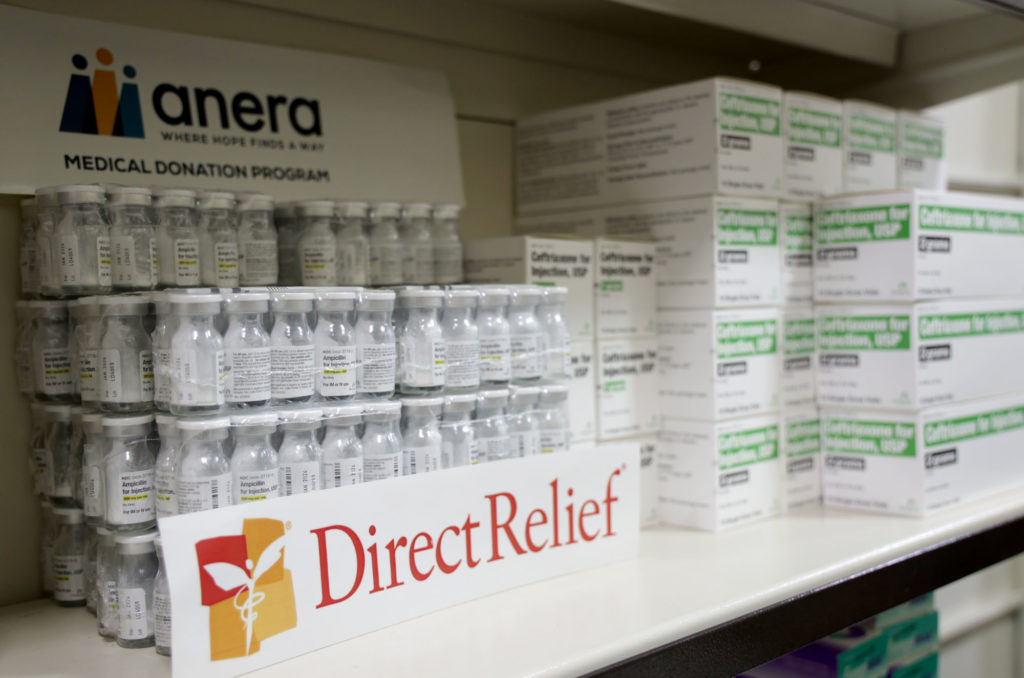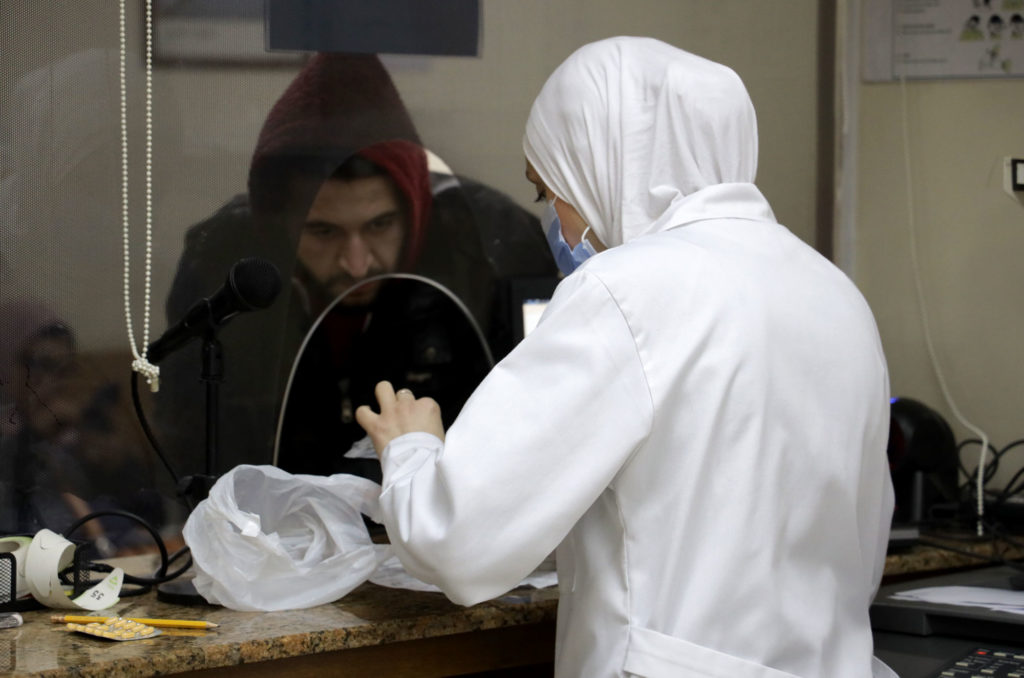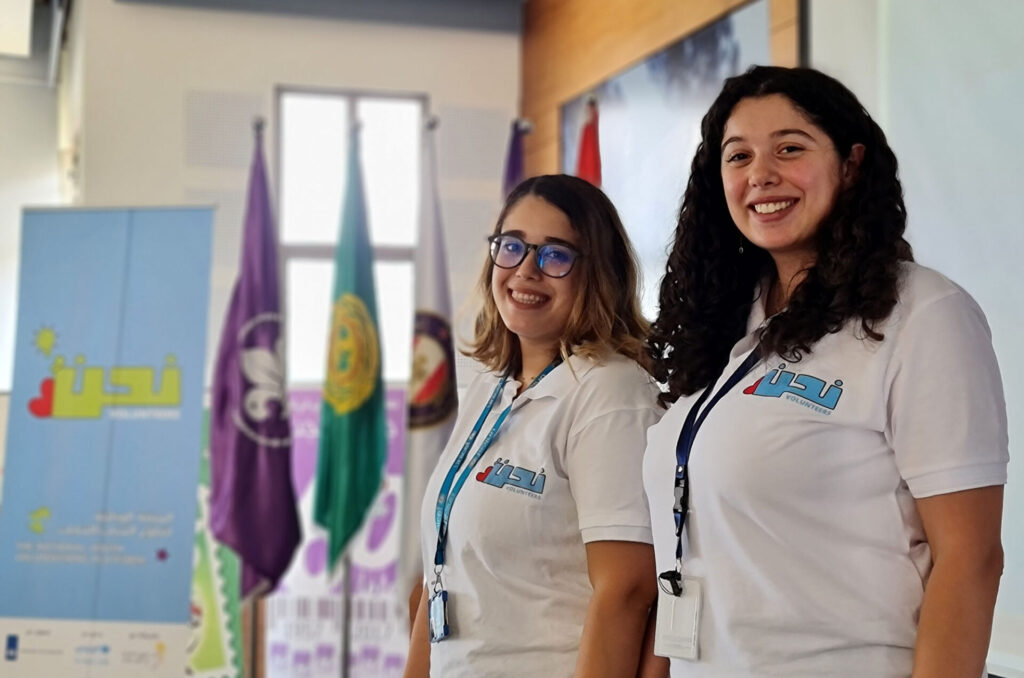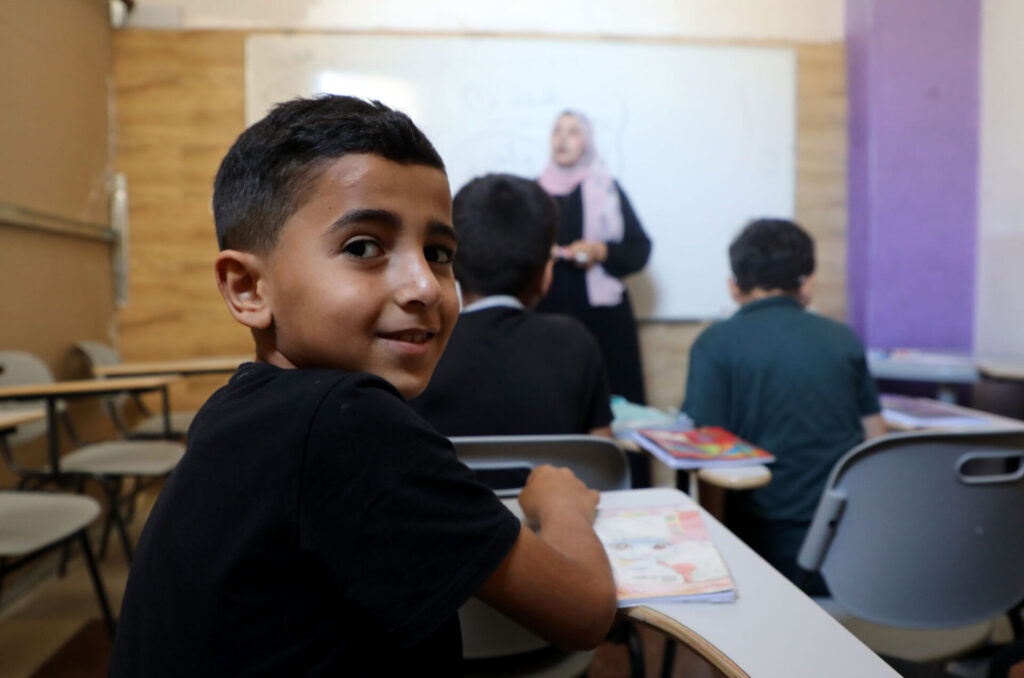Feb, 2022
Thanks to a medical aid donation from Direct Relief, Anera has distributed vital antibiotics to health centers and their patients across Lebanon.
The public health crisis in Lebanon has been building for two years. Consideration of the larger picture in Lebanon provides little reason for optimism that the situation will improve soon. The combined crises that hit the country have made the unavailability of medicines (among other basic needs) a pervasive feature of everyday life.
Lebanon, which until recently was a hub for medical care, now relies on aid organizations. The failure of the government to enact emergency relief measures has allowed the public health crisis to continue worsening. Many health providers have even been forced to become less selective in the offers that they accept.
Following the lifting of governmental subsidies on medicines in 2021, people are finding it harder to acquire their medicines and medical supplies to continue treatments. Many antibiotics, for instance, are either unavailable at pharmacies or sold at such high prices that they’re entirely out of the question for most patients. To further aggravate the situation, antibiotic resistant infections are now surging in Lebanon, leading to potentially fatal results.


Health and well-being in Lebanon are dependent on foreign and domestic aid organizations and support groups. The diaspora has even set up digital support systems where volunteers finance and transport urgent medical supplies to those in need. In the face of government failure, people are doing what they can to support each other through mutual aid.
To address the shortages of medications, Anera has secured a significant amount of antibiotics, including new generation varieties. Direct Relief – a leading humanitarian organization offering medical assistance worldwide in emergency and disaster situations – donated these vital medicines that treat tonsillitis, urinary tract infections, and other bacterial infections. These donated antibiotics were identified in Anera’s assessment and identification of the most urgent medical needs of Lebanon.
Anera has distributed the medicines to a number of medical centers across different regions in Lebanon according to the severity of shortages at local clinics.
One of the centers to receive antibiotics was Azm and Saade Association, a medical care and social development organization founded in 1988 and based in the northern city of Tripoli. Azm and Saade Association offers primary health care services and medications to all individuals in need. Through their locations across the country, they treat chronic health issues, such as heart diseases and hypertension, as well as general infections like the flu. Thanks to the donation, the center’s dispensary in Tripoli was restocked with a number of antibiotics.
Muhammad al-Ayyubi is a pharmacist and the director at Azm and Saade Association in Tripoli. Al-Ayyubi says,
“The current state of Lebanon has put a lot of pressure on us — the volume of patients we’re seeing has skyrocketed. Our centers must keep medication stocks filled since the local community depends on this help during this time of economic destitution and extreme poverty.”
Al-Ayyubi says this donation “really helps us continue our services and run our association in a resilient way.”


“The local community depends on this help during this time of economic destitution and extreme poverty.”




